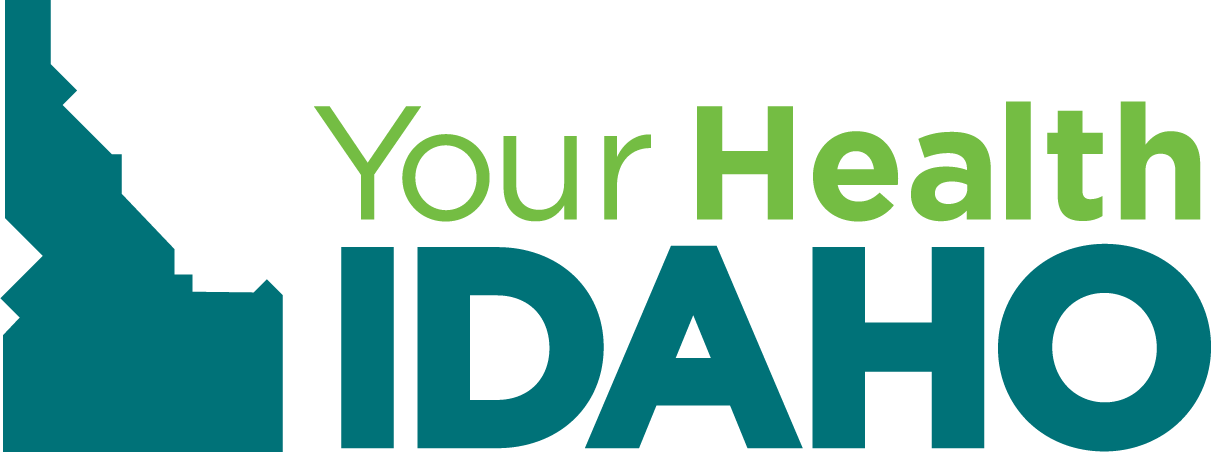GLOSSARY
Advance Premium Tax Credit (APTC)
A tax credit that acts as an instant discount to cover some or all the monthly costs for health insurance coverage. The tax credit will depend on income level, household size, and other factors.
Co-Pay
The fixed amount you pay for a medical visit or medication, e.g., $15 per visit, is usually paid at the time you receive the service. This is considered part of your out-of-pocket costs, separate from premiums and deductibles. This may vary by the type of health care services being provided.
Co-Insurance
The percentage you pay for covered health services after your deductible is met. Your health insurer or plan pays the rest of the allowed amount. Depending on your plan, your portion of the co-insurance could range from 20-40%.
Cost-Sharing Reduction (CSR)
A discount that lowers the amount you pay out-of-pocket for things like deductibles, co-insurance, and co-payments. To qualify for a CSR, your income must be within a specific range of the Federal Poverty Level (FPL), and you must be enrolled in a Silver Tier Plan.
Deductible
The amount you must pay for health care services during a coverage year before your health insurance carrier starts covering costs. For example, if your plan has a deductible of $1,000, you will have to pay for any covered healthcare services that are subject to the deductible until you reach the $1,000 amount. After that, your plan will start covering costs according to your plan benefits. The deductible may not apply to all services.
Essential Health Benefit
Under the Affordable Care Act, health insurance plans purchased through a state-based marketplace must cover ten categories of services; some plans may cover more. All plans offered through Your Health Idaho cover at least the following:
Doctor Visits
Emergency Services
Rehabilitative & Habilitative Services
Laboratory Tests
Preventive Wellness & Screenings
Hospitalization
Mental Health & Substance Abuse Services
Maternity & Newborn Care
Prescription Medicine
Pediatric Care
Minimum Essential Coverage
Any insurance plan that meets the Affordable Care Act requirement for having health coverage is sometimes called “qualifying health coverage.” All plans sold through Your Health Idaho meet the requirements.
Network
A network is made up of the facilities, healthcare providers, and suppliers your health insurer has contracted with to provide your health services. These are considered “in-network” and are generally less expensive. If a provider or service is out-of-network, it will likely cost you more.
Open Enrollment
The period from October 15 to December 15 each year when Idahoans can enroll in a health insurance plan for the coming year. During Open Enrollment, Idahoans already enrolled with Your Health Idaho can make changes or renew their existing coverage.
Out-of-Pocket Limit (OOP)
The most you’ll pay for covered services within a coverage year. After you reach the maximum limit, your health plan will pay for 100% of the costs. The out-of-pocket limit does not include your monthly premium, out-of-network care and services, anything spent on services your plan doesn’t cover, or costs above the allowed amount for a service that a provider may charge.
Pre-existing Condition
Any health problem like asthma, diabetes, or cancer you had before the date new health coverage starts. You cannot be denied coverage through Your Health Idaho due to a pre-existing condition.
Premium
The amount you pay for your health insurance every month.
Qualified Health Plan
A health insurance plan certified by Your Health Idaho provides the ten essential health benefits, follows established limits on cost-sharing (like deductibles, co-payments, and out-of-pocket maximum amounts), and meets other requirements.
Qualified Dental Plan
A dental insurance plan that helps pay for the cost of dentist visits for basic or preventive services like teeth cleaning, X-rays, and fillings. In the Marketplace, dental coverage is available either as part of a comprehensive medical plan or as a “stand-alone” dental plan.
Qualifying Life Event
A change in your life that can make you eligible for a Special Enrollment Period, allowing you to enroll in health coverage outside of Open Enrollment. Examples of qualifying life events are moving to or within Idaho to a new rating area, changes in your income, loss of employer-sponsored coverage, and changes in your family size, e.g., marriage or having a baby).
Special Enrollment Period
A time outside of Open Enrollment during which you and your family can enroll in health coverage. To qualify for a Special Enrollment Period, you must experience a Qualifying Life Event.
Reconcile
The process used to claim the Premium Tax Credit on your taxes and confirm you received the correct Advanced Premium Tax Credit amount during the prior year. You reconcile your tax credit by using your Form 1095-A to fill out Form 8962 with your federal tax return.
Second Lowest Cost Silver Plan (SLCSP)
The second-lowest priced health insurance plan in the Silver category that applied to you. The SLCSP is used to calculate your final premium tax credit. You do not have to be enrolled in this plan.
Tax Filing Requirement
The minimum amount (or threshold) of income that requires you to file a federal tax return.
